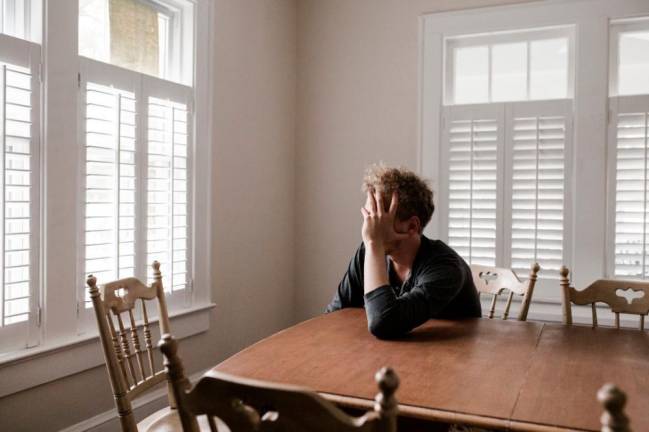COVID AFTERMATH: PETALING JAYA Malaysia- Mental health: People under 35, women and singles most at risk

PETALING JAYA: Individuals 35 years old and below, women and those who are single are the demographics worst hit mentally during the last year of the Covid-19 pandemic, according to a recent study conducted by think tank The Centre.
Its researchers said those aged 35 and below have a higher risk of feeling depressed, anxious and stressed compared to older age groups. Women are also more likely to feel these markers of negative mental health compared to men. And those who are single self-reported lower mental health compared to those who are married.

“According to global studies, uncertainty of future prospects, financial distress, social isolation and lack of quality sleep are the likely causes of negative mental health among the young,” the researchers said.
“For gender, other studies have found that challenges such as parenting during the pandemic, uneven distribution of domestic care and an increased risk of domestic violence are some of the key contributors to women’s mental health struggles in the last year.”

The result was part of The Centre’s four-part research series titled A Year of Living Under Covid-19, which examines the impact of the pandemic on Malaysians’ mental health, a year on since it began.
According to the study, a fall in income as well as absolute household income levels are also significant predictors of negative mental health. With regards to the latter, individuals with a household income of less than RM5,000 are more likely to experience higher anxiety levels compared to those who earn more.
The study was led by The Centre’s researchers, Aziff Azuddin, Ziad Razak and Nelleita Omar.
There was a clear relationship between physical health and mental well-being. Those who reported worsening physical health over the past year also experienced deteriorating mental health, the study said. Other factors that were also studied included household occupancy and working from home to see the impact, if any, of social isolation on mental health.

The study’s data was collected through an online survey of nearly 1,000 participants between Feb 4 and Feb 14. The survey, available in Malay, English and Mandarin, measures mental well-being based on individuals’ self-assessment.
The researchers recommend that groups identified as most adversely affected by the pandemic (young people, women, singles, and those with reduced income) should be targeted by the government and civil society to receive mental health and economic support, now and well beyond the pandemic.
Budgets for mental health services across different ministries that offer various forms of mental health support should also be scrutinised and bolstered to allow for the delivery of improved mental health services at community level.
“The government should consider decentralising service provision and resources, and empower state and local authorities to offer mental health support, particularly in targeting vulnerable groups such as young people and women,” the researchers said.
“The effects of the Covid-19 pandemic will be felt for many years – even decades – to come. We need to address these social challenges now if we are serious about helping Malaysians navigate their way safely into the post-pandemic future.”











